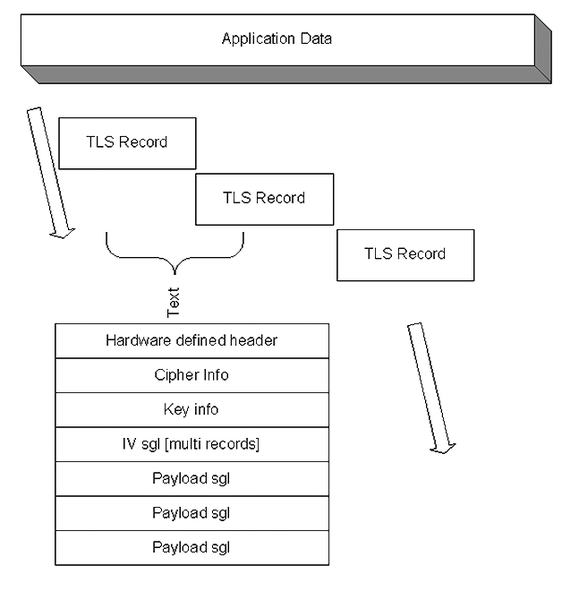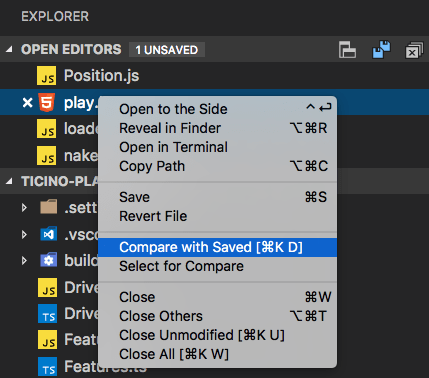
Moreover, while offloading can be useful in many situations by reducing the cognitive cost of remembering less important information, it may still be of functional benefit to remember certain information. Thus, offloading can result in poorer memory outcomes if offloaded information cannot be retrieved later. Participants who thought they would have access to the stored information later demonstrated worse memory for the trivia questions than participants who did not rely on technology to store the information. For example, Sparrow, Liu, and Wegner (2011) had participants study trivia questions and led them to believe that the studied information would be saved (offloaded) or would not be stored for later access (not offloaded). Thus, if participants expect to have later access to saved information, offloading obviates the need to encode offloaded information and allows participants to focus attention on and better remember not-offloaded information.Īlthough recent technology has made offloading easy and people have become symbiotic with their phones and other devices, there are some drawbacks to offloading. Participants better remembered information from a file if they had saved a previous file (offloaded) than if they had not saved that previous file. Participants then saved some of the files to their computer (offloaded) and closed other files without saving. Similarly, Storm and Stone (2014) had participants study lists of words stored in files on a flash drive. On a later memory test, participants better remembered objects that they observed compared to objects they photographed (offloaded). For example, Henkel (2014) led a guided museum tour and had participants take pictures of some objects but only observe others.


Additionally, offloading can be a useful tool to maximize memory utility by reducing the extent to which we have to attend to offloaded information allowing learners to focus on other to-be-remembered information (Dror & Harnad, 2008 Risko & Dunn, 2015 Risko & Gilbert, 2016).įurthermore, previous work has demonstrated that offloading information facilitates memory for other information by reducing the extent to which the offloaded information interferes with target information. The fallibility of human memory is well established (see Schacter, 1999) and offloading can be useful in maximizing the storage of information by allowing a greater amount of information to remain accessible. During lectures, students often take notes like a court stenographer, careful to capture every piece of information being presented. Although it may seem intuitive, cognitive offloading is perhaps one of the most vital techniques employed in human memory.Īs frequent learners of massive amounts of information, students may be the biggest offloaders.

Anyone who has ever made a grocery list, taken class notes, or used a calendar to keep track of their daily schedule has engaged in cognitive offloading: the process of externally recording thoughts and memories to reduce cognitive demand.


 0 kommentar(er)
0 kommentar(er)
